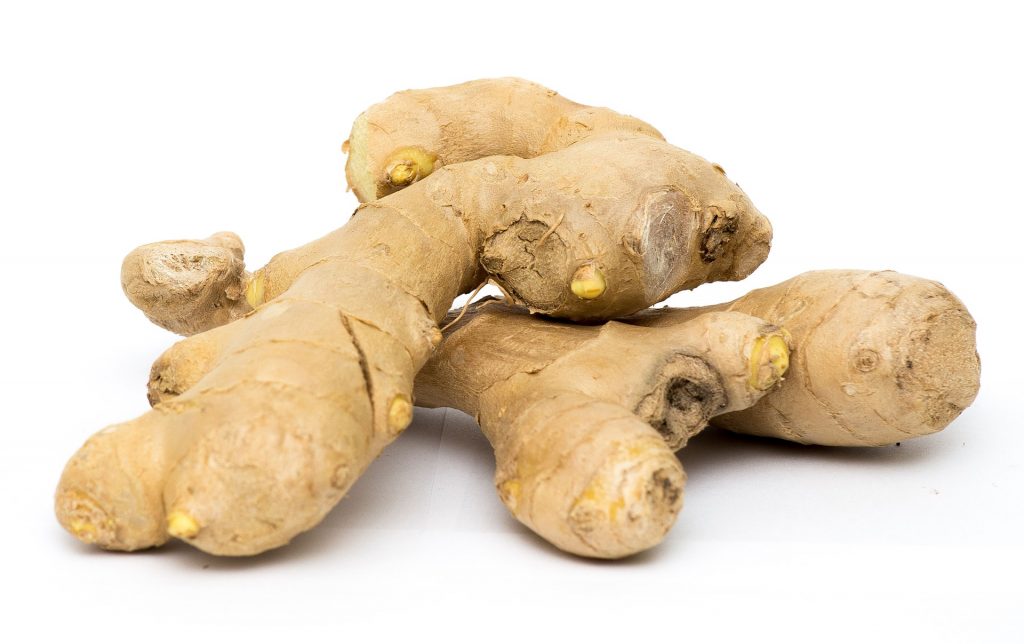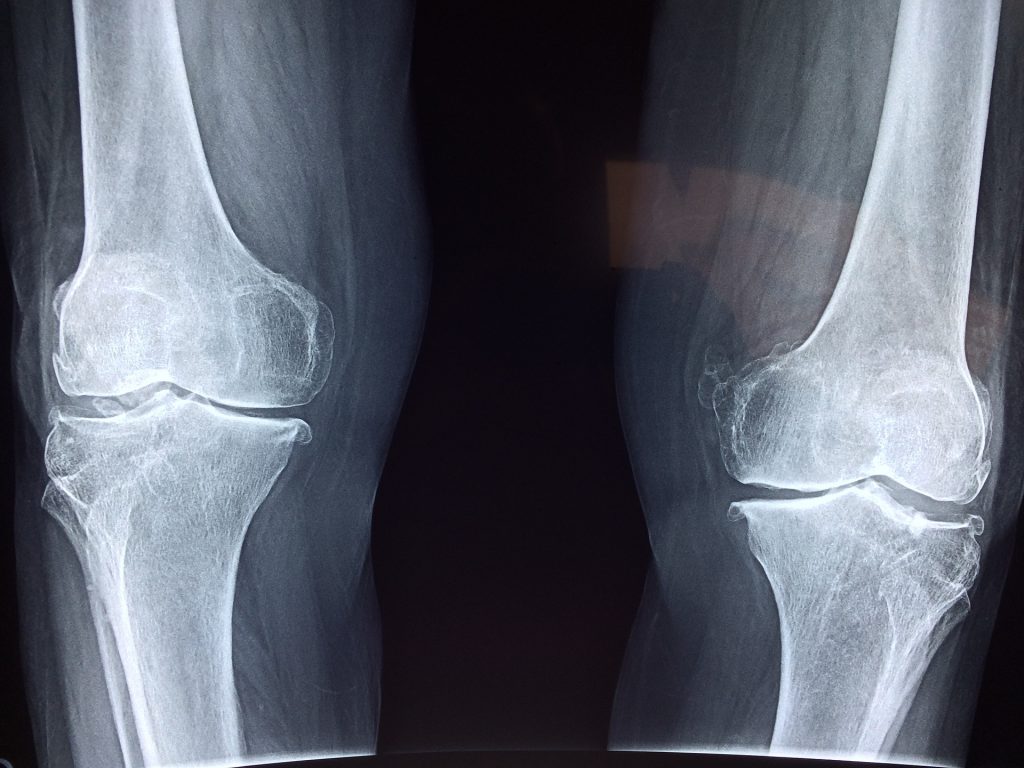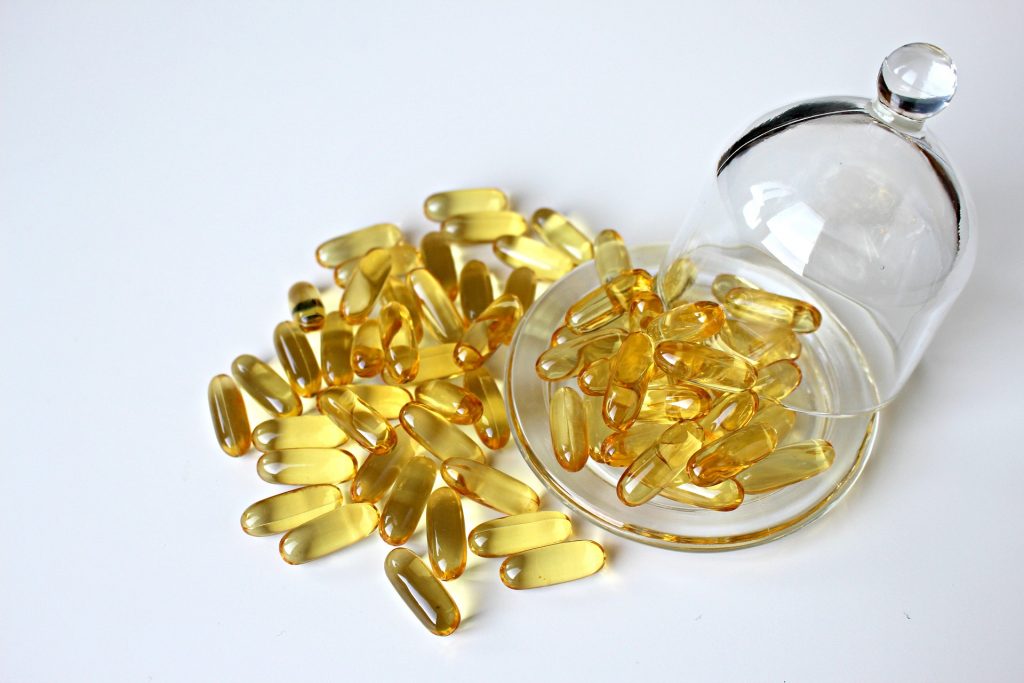 Inflammation can be a major cause of disease. The inflammatory process is complex and it is highly important in the defence systems of the animals. The normal acute inflammatory response is there to provide a rapid response to infection or injury by increasing delivery of immune factors to areas of tissue damage or invasion. However, chronic low grade inflammation that is of much lower severity but much larger intensity, can produce significant metabolic changes that can result in the development of both chronic pain and increase the risk of a number of secondary disease. Reducing low grade chronic inflammation has been shown to be beneficial at reducing the risk of disease. One of the leading causes of chronic low grade inflammation is poor diet. As well as dietary improvements to remove offending foods and provide adequate nutrition, a number of nutrients are able to reduce inflammatory responses in animal tissues and these may significantly decrease the risk of Western lifestyle diseases.
Inflammation can be a major cause of disease. The inflammatory process is complex and it is highly important in the defence systems of the animals. The normal acute inflammatory response is there to provide a rapid response to infection or injury by increasing delivery of immune factors to areas of tissue damage or invasion. However, chronic low grade inflammation that is of much lower severity but much larger intensity, can produce significant metabolic changes that can result in the development of both chronic pain and increase the risk of a number of secondary disease. Reducing low grade chronic inflammation has been shown to be beneficial at reducing the risk of disease. One of the leading causes of chronic low grade inflammation is poor diet. As well as dietary improvements to remove offending foods and provide adequate nutrition, a number of nutrients are able to reduce inflammatory responses in animal tissues and these may significantly decrease the risk of Western lifestyle diseases.
1. Ginger
Ginger (Zingiber officinale) is a flowering plant, but the medicinally important anti-inflammatory compounds are present in the rhizome (root). This root can be used in its whole form or as a powder. The chemistry of ginger is complex, and is not fully understood. A number of volatiles compounds such as sesquiterpenes and monoterpenes have been shown to provide the gingery taste and aroma, whilst other non-volatile compounds include gingerol, shogaols, paradols and zingerone. Some or all of these compounds may be responsible for the anti-inflammatory effects reported for ginger. As the chemistry of ginger is not fully understood, it is better to use whole herbs containing all of the original plant material. Ginger has been shown to compare well to anti-inflammatory drugs such as non-steroidal anti-inflammatory drugs (NSAID) in terms of its anti-inflammatory effects. The compounds in ginger may inhibit the same enzymes and pathways as NSAID, which may explain the reported benefits.
2. Glucosamine Sulphate
Glucosamine sulphate is an amino sugar available as a supplement. Glucosamine is a normal component of glycosaminoglycans, which in turn are a major component within the cartilage that protect joints. Glucosamine supplements could provide the required raw material in order to allow the reconstruction of damaged joints that may be a cause of inflammation and pain. As with ginger, glucosamine compares very favourably to NSAID drugs in direct comparisons. However, whilst NSAID can produce significant side effects, glucosamine is very well tolerated and generally free from serious side effects. Glucosamine is available in a number of forms (glucosamine hydrochloride, glucosamine sulphate, and as a polymer in chondroitin sulphate), and some comparisons of these various forms have been performed. Evidence suggests that glucosamine sulphate may be the prefered form. Sulphur is needed for the formation of cartilage, and it may be required for the anti-inflammatory effects of glucosamine.
3. Fish Oils
Fish oils contain the omega-3 fatty acids eicosapentaenoic acid (EPA, C20:5, (n-3)) and docosahexaenoic acid (DHA, C22:6 (n-3)). These fatty acids feed into the essential fatty acid pathway and this provides a source of anti-inflammatory compounds including a number of anti-inflammatory eicosanoids and docosanoids. The anti-inflammatory effects of fish oils stem from their ability to redress an imbalance in the omega-6 to omega-3 fatty acid ratio provided by the typical Western diet. This diet eaten by most Westerners is high in omega-6 fatty acids, and this provides a significant inflammatory effect via the production of inflammatory eicosanoids. Balancing this high intake of omega-6 fatty acids with omega-3 fats from fish oils, supplies high enough levels of anti-inflammatory eicosanoids to balance the cellular inflammatory response. An even stronger anti-inflammatory effect can be seen through a reduction in the intake of omega 6 fatty acids, concomitant to the supplementation of fish oils.
Eat Well, Stay Healthy, Protect Yourself
RdB



